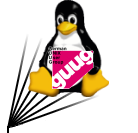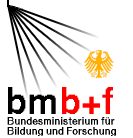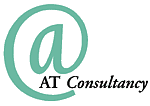
| Homepage | |||||||||||||||||||||||||||||||||||||||||||||||||
| Location | |||||||||||||||||||||||||||||||||||||||||||||||||
| Program | |||||||||||||||||||||||||||||||||||||||||||||||||
| Abstracts | |||||||||||||||||||||||||||||||||||||||||||||||||
| Fees | |||||||||||||||||||||||||||||||||||||||||||||||||
| Registration | |||||||||||||||||||||||||||||||||||||||||||||||||
| Accomodation | |||||||||||||||||||||||||||||||||||||||||||||||||
| BOFs | |||||||||||||||||||||||||||||||||||||||||||||||||
| Clustering Workshop | |||||||||||||||||||||||||||||||||||||||||||||||||
| Key signing party | |||||||||||||||||||||||||||||||||||||||||||||||||
| Exhibition | |||||||||||||||||||||||||||||||||||||||||||||||||


|

|

|

|

|

|

|

|

|

|

|
BOFs
In addition to the invited talks, we get a lot of offers to give "informal" talks or to organize discussion panels.
On this page, you will find the list of those we got so far.
If you want to add something to this list, please mail to schulte@guug.de.
Thursday, Nov 28, 16:00: Free Telephony Developers Gathering by David Sugar
Computer Telephony has historically been a highly proprietary area of development involving specialized cards and devices, and architecturally different forms of software. This BOF is for those interested in bringing free software to computer telepnony and I will have some instructive information about GNU Bayonne specifically for those that are so interested. I also wish to engage the community in a direct discussion on the future of free telephony in general and to present information on current and future projects that are part of GNUCOMM, the GNU Telephony effort as a whole, as well as to cover those issues in telephony that are specific to the Linux kernel itself, such as CAPI4Linux and extending LTAPI to new classes of telephony hardware.
Thursday, Nov 28, 17:00: Cleopatra and her New Guard? by Werner Koch
The GNU Privacy Guard is nowadays a well known tool for encrypting and signing data. GnuPG is based on the OpenPGP protocol which is rightfully favored over S/MIME. However, S/MIME is getting more in use and so we have worked on an extension to support this protocol too. I will talk about the new architecture we have chosen to accomplish this task; it is modular design which will closely integrate both protocols and allow for hardware tokens.